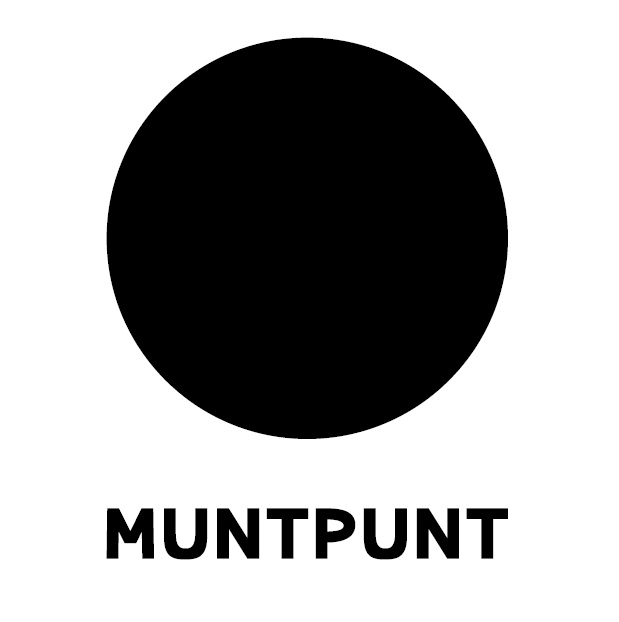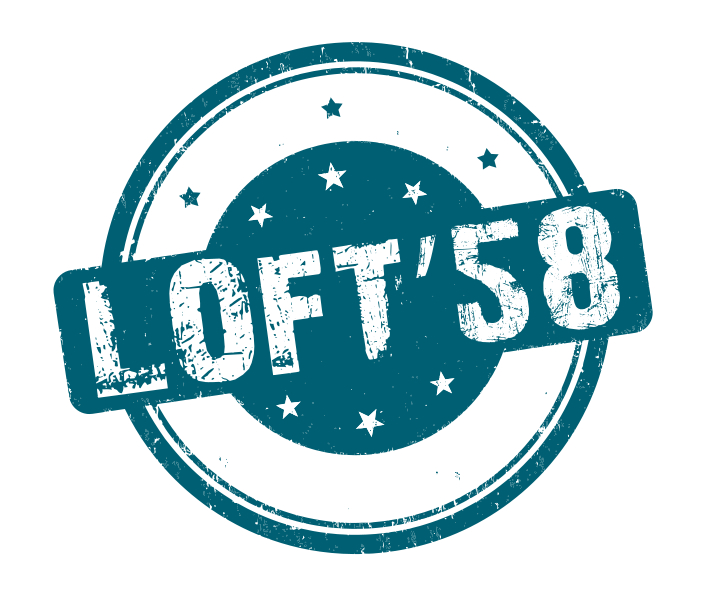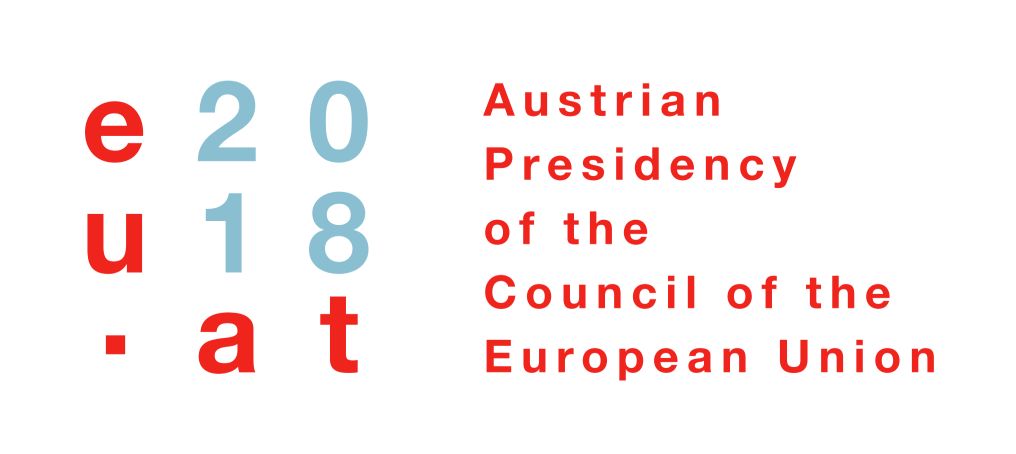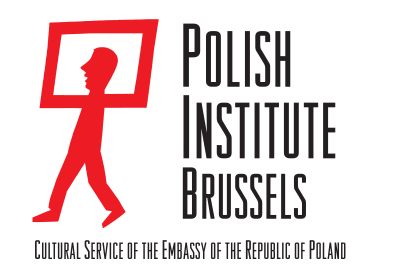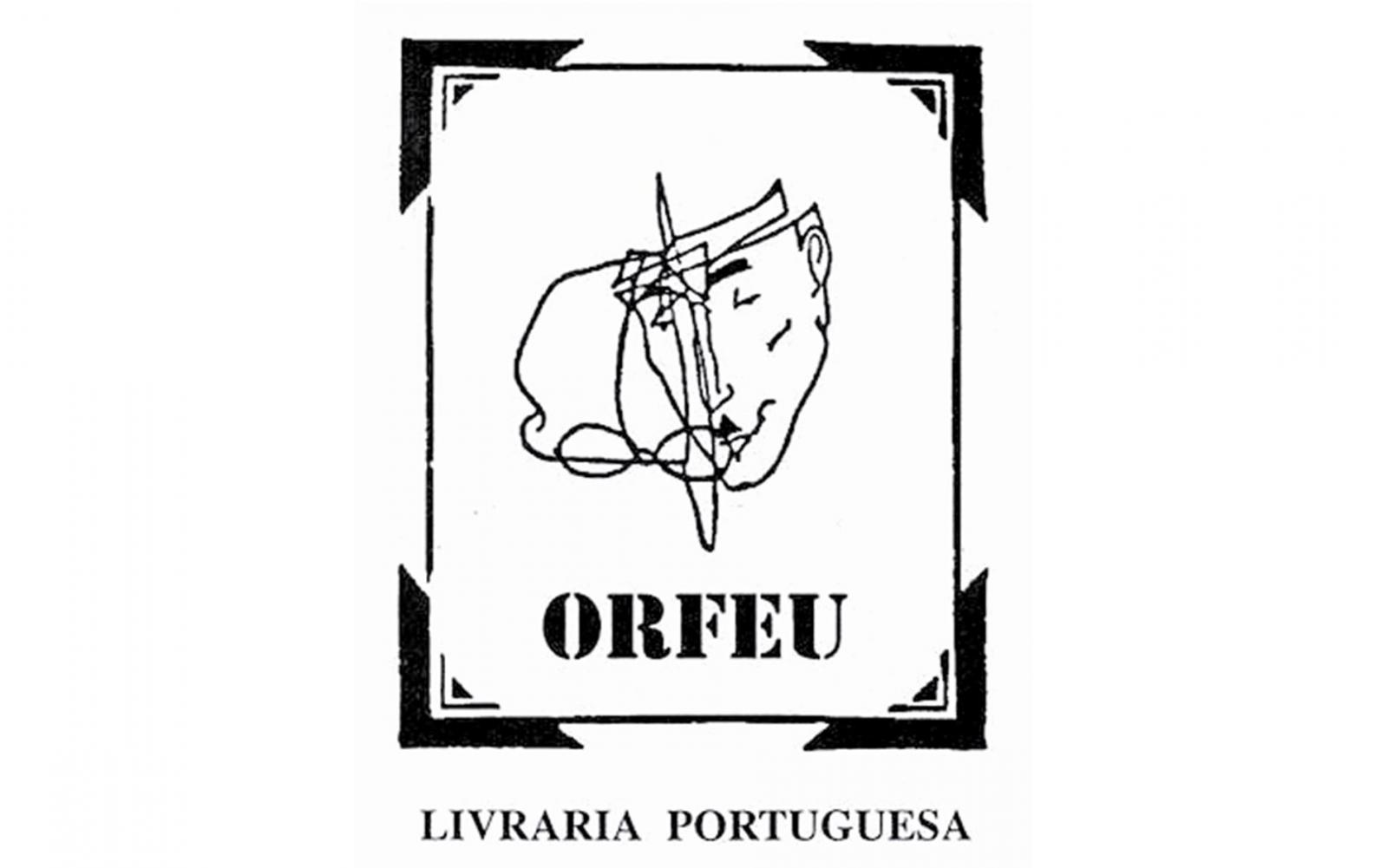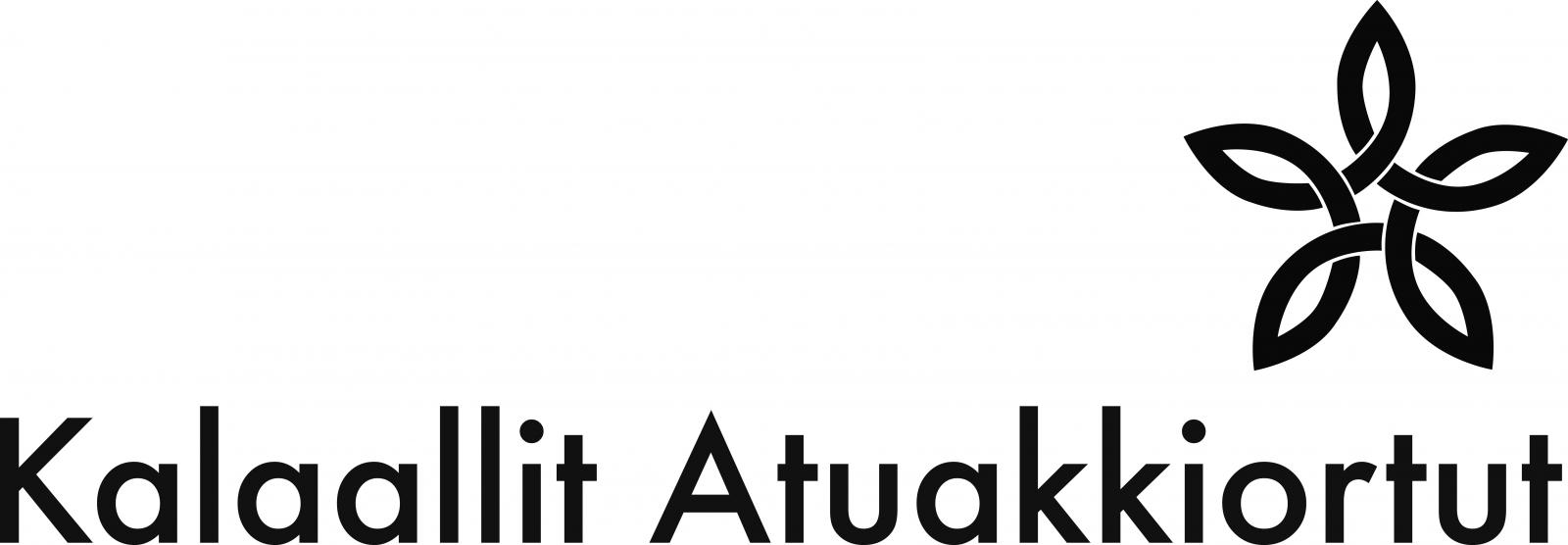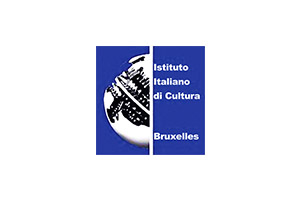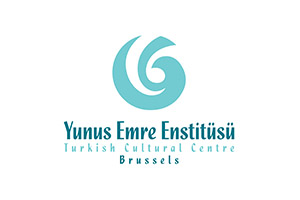Find a poem
Latest updates
-
TRANSPOESIE 2025
09/24/2025 -
Transpoesie 2025 - Programme
09/24/2025 -
Transpoesie 2025 - Open Call
04/16/2025
Myn lân
Myn lân
It lân dat de tonge útstuts
kin de tonge net mear útstekke.
It lân dat wielderich en rûch wie
kin no net mear prate.
Ik wol wat sizze tsjin dat lân.
En sis: Wêr is myn lân,
dêr’t learzens sa hearlik
smyksmakke, fûgels har nêsten
opmeitsje, sa fûl sjonge
dat se hast út ’e loft
delsige?
Wêr is myn lân, dêr’t it aaien
reint, dêr’t miggen gûnzje,
wjirms dûnsje, in pyk
net ûnder it plestik
ferdwynt?
Dat sis ik no tsjin dy, lân
en ik lit de triennen even rinne.
Dat sis ik no tsjin dy, lân, tsjin dy!
Wêrom bisto sa dôfhûdich? Spilesto
moai waar, lûksto it antlit strak
as in moadegoadinne? Hat de tiid
dy tamtearre, hasto te bot
op ’e bealch hân?
Dat sis ik no as in man dy’t seit
dat it dea is yn syn lân, sa dea.
Dat sis ik no as in man dy’t batse wol
troch machtige puozzen, as in man
dy’t him deljaan wol tusken gouden
rêgen, dy’t harkje wol nei it greide-
orkest, nei in orgy fan lûden.
Dat sis ik as in man dy’t de goede
tiid wer meimeitsje wol, dy’t wit
dat it no dea is yn syn lân, sa dea.
Wat kin ik jaan
as de ljip op myn lân gûlt aai
kwyt, aai kwyt, as myn skries
skriemt as in dichter dy’t siik
en blyn fan langst syn âlde
lân besjonge wol?
Wat kin ik dwaan
as myn lân skoare wol, mar
jankt as in junk om ’e jarre,
as de hûd skuort, de nulle
yn ’e ier it wêzen
iepenript?
Wat moat ik sizze
tsjin Amalia, de skries
mei reade en giele ringen
en in flirtflachje om ’e poat?
Wat sis ik tsjin dy bliere
fûgel, dy’t weromkomt
mei in stjoerder op ’e rêch,
de sawa’s fan Extremadura
sûnder stúmjen ynruilet
foar in griene woestyn.
Wolkom thús?
Kom bried mar op myn lân
mar skrik net fan it antlit,
myn strak lutsen antlit.
My Land
The land that could once stick out its tongue
can stick out its tongue no longer.
The land that was once rugged and riotous
can no longer speak.
I want to say something to that land.
So I say: Where is my land,
where boots squelch-belch
through the mud and birds
make up their nests, so full of
song they nearly sink to
the ground?
Where is my land, where it rains
eggs, where horseflies buzz,
worms dance, and chicks don’t
vanish beneath plastic-covered
silage heaps?
I say it to you now, land,
with tears running down my cheeks.
I say it to you now, land, to you!
Why are you so deaf? Are you strutting
your stuff, has your face been nipped
and tucked to fashion-model perfection?
Has time taken its toll, have you been
battered and bruised beyond belief?
I say it now as a man who cries
that his land is dead, so utterly dead.
I say it now as a man who wants
to splash though mighty puddles,
to curl up against the rumps of
golden ricks and listen to a meadow
orchestra, an orgy of sounds.
I say it as a man who wants
the good times back but knows that
his land is now dead, so utterly dead.
What can I give when the lapwing
on my land shrieks eek-eek at the sight
of her ruined nest, when my godwit weeps
like a blind poet, sick with yearning,
who only wants to sing the praises
of his long-gone land?
What can I do when my land wants
to score an even higher yield and
begs for another hit of high-grade muck,
when its skin is ripped open and
the needle tears the essence in
the vein?
What should I say to Amalia,
the godwit sent off with a flirt flag
and a set of red and yellow rings
around her ankle?
What do I say to that lively little bird
when she returns with a tracking device
attached to her back, having traded,
without a sigh or a scowl,
the rice paddies of Extremadura
for this green desert?
Welcome home?
Come and breed on my land
but don’t be frightened by my face,
by my nip-tucked countenance.
Translation: Susan Massotty
Mon pays
Le pays qui tirait la langue
ne sait plus tirer la langue.
Le pays qui était luxuriant et farouche
à présent a perdu la parole.
Je veux dire quelque chose à ce pays.
Et je dis : Où est mon pays,
où les bottes font si délicieusement
schlick-schlack, où les oiseaux tirent leur nid
à quatre épingles, remplis de chant
au point de presque s’écrouler
du ciel ?
Où est mon pays, où il pleut
des œufs, où les moustiques bourdonnent,
les vers dansent, un poussin
ne disparaît pas sous le
plastique ?
Voilà ce que je te dis, mon pays
et je laisse un instant couler mes larmes.
Voilà ce que je te dis, mon pays, à toi !
Pourquoi as-tu la peau si terne ? Fais-tu
bonne figure, gardes-tu les traits figés
comme une déesse de la mode ? Le temps
t’a-t-il malmené, as-tu été battu
comme plâtre ?
Voilà ce que je dis comme un homme qui dit
qu’il fait mort dans son pays, si mort.
Voilà ce que je dis comme un homme qui veut piétiner
dans des flaques puissantes, comme un homme
qui veut s’allonger parmi les crêtes
dorées, qui veut écouter l’orchestre
des champs, une orgie sonore.
Je me dis comme un homme qui veut de nouveau
revivre le bon temps, qui sait
qu’il fait mort maintenant dans son pays, si mort.
Que puis-je donner
quand le vanneau dans mon pays pleure plus
d’œufs, plus d’œufs, quand mon courlis
se lamente comme un poète qui malade
et aveugle de désir veut changer
son ancien pays ?
Que puis-je faire
quand mon pays veut sa dose
mais pleure comme un toxico pour le purin,
quand sa peau se déchire, que l’aiguille
dans sa veine éventre
son être ?
Que dois-je dire à Amalia, le courlis
aux bagues rouges et jaunes
son fanion flirteur à la patte ?
Que dire à cet oiseau
joyeux, qui revient
avec un traceur sur le dos,
échangeant sans bouder
les rizières d’Estrémadure
contre un désert vert.
Bienvenue chez toi ?
Viens et niche dans mon pays
mais n’aie pas peur du visage,
mon visage aux traits figés.
Traduction : Kim Andringa
Mijn land
Het land dat zijn tong uitstak
kan zijn tong niet meer uitsteken.
Het land dat weelderig en ruig was
kan nu niet meer praten.
Ik wil iets zeggen tegen dat land.
En zeg: Waar is mijn land,
waar laarzen zo heerlijk
smiksmakken, vogels hun nesten
opmaken, zo hard zingen
dat ze bijna uit de lucht
neerzijgen?
Waar is mijn land, waar het eieren
regent, waar vliegen gonzen,
wormen dansen, een kuiken
niet wordt ingekuild?
Dat zeg ik nu tegen je, land
en ik laat mijn tranen even lopen.
Dat zeg ik nu tegen je, land, tegen jou!
Waarom ben je zo hardhorig? Speel je
mooi weer, trek je je gezicht strak
als een modegodin? Heeft de tijd
je geteisterd, ben je murw
geslagen?
Dat zeg ik nu als een man die zegt
dat het dood is in zijn land, zo dood.
Dat zeg ik nu als een man die stampen wil
door machtige plassen, als een man
die wil rusten tussen gouden
ruggen, die wil luisteren naar het weide-
orkest, naar een orgie van geluiden.
Dat zeg ik als een man die de goede
tijd weer wil meemaken, die weet
dat het nu dood is in zijn land, zo dood.
Wat kan ik geven
als de kieviet op mijn land huilt ei
kwijt, ei kwijt, als mijn grutto
klaagt als een dichter die ziek
en blind van verlangen zijn oude
land wil bezingen?
Wat kan ik doen
als mijn land wil scoren, maar
jankt als een junk om de gier,
als zijn huid scheurt, de naald
in zijn ader het wezen
openrijt?
Wat moet ik zeggen
tegen Amalia, de grutto
met rode en gele ringen
en een flirtvlaggetje om haar poot?
Wat zeg ik tegen die vrolijke
vogel, die terugkeert
met een zender op haar rug,
de sava’s van Extremadura
zonder mokken inruilt
voor een groene woestijn.
Welkom thuis?
Kom broed maar op mijn land
maar schrik niet van het gezicht,
mijn strakgetrokken gelaat.
Vertaling: Jantsje Post

.jpg)


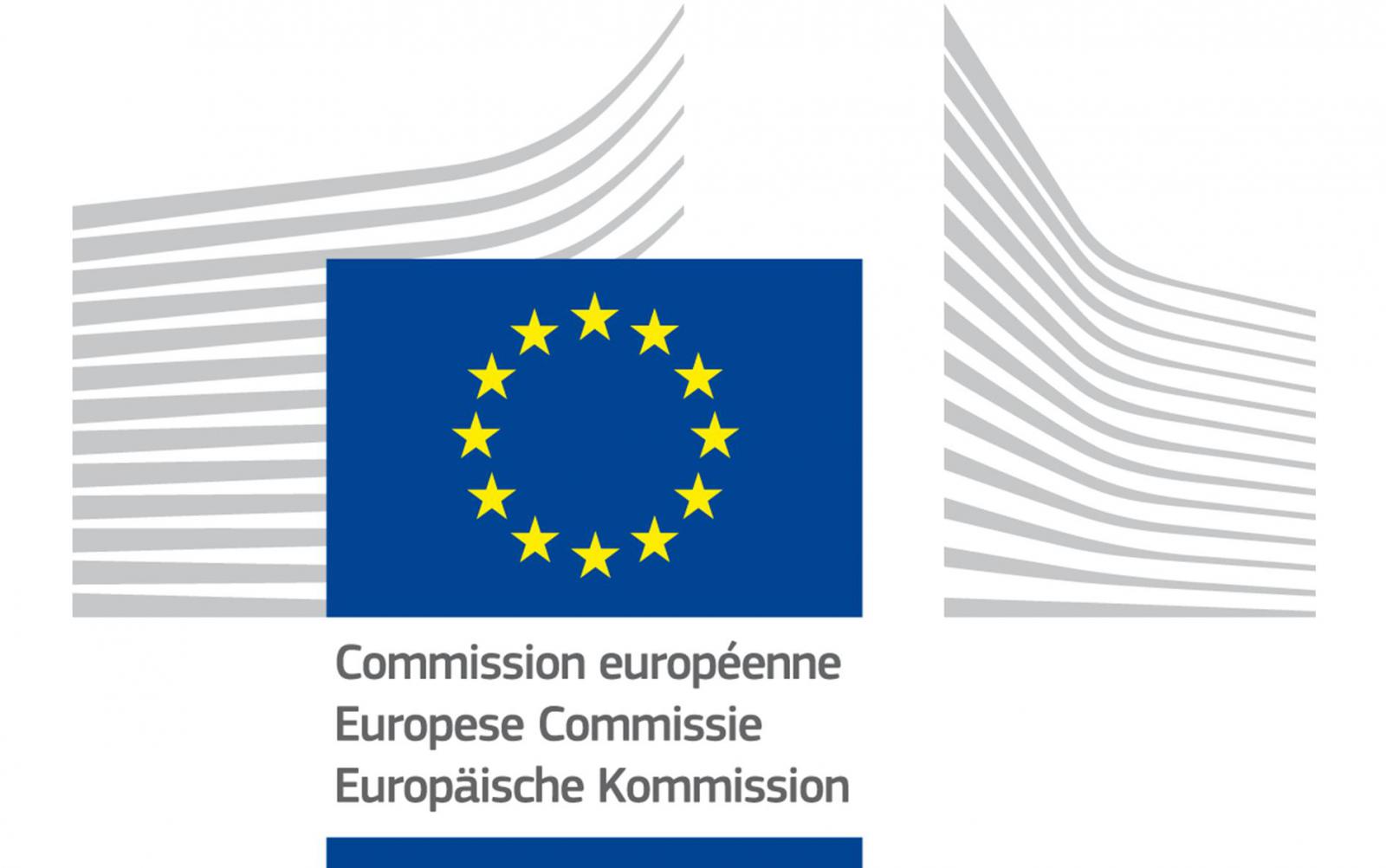

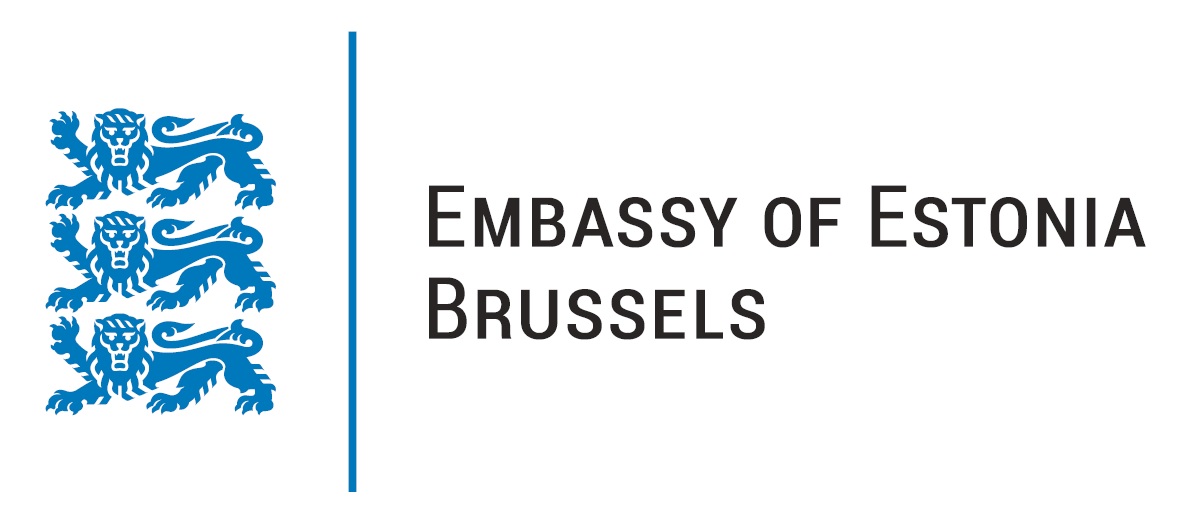


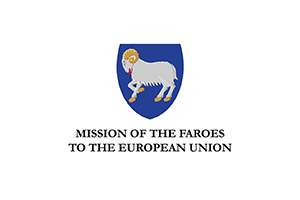
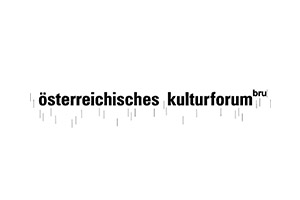
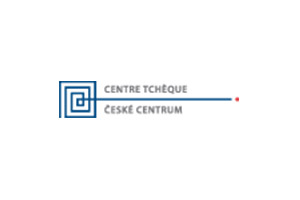

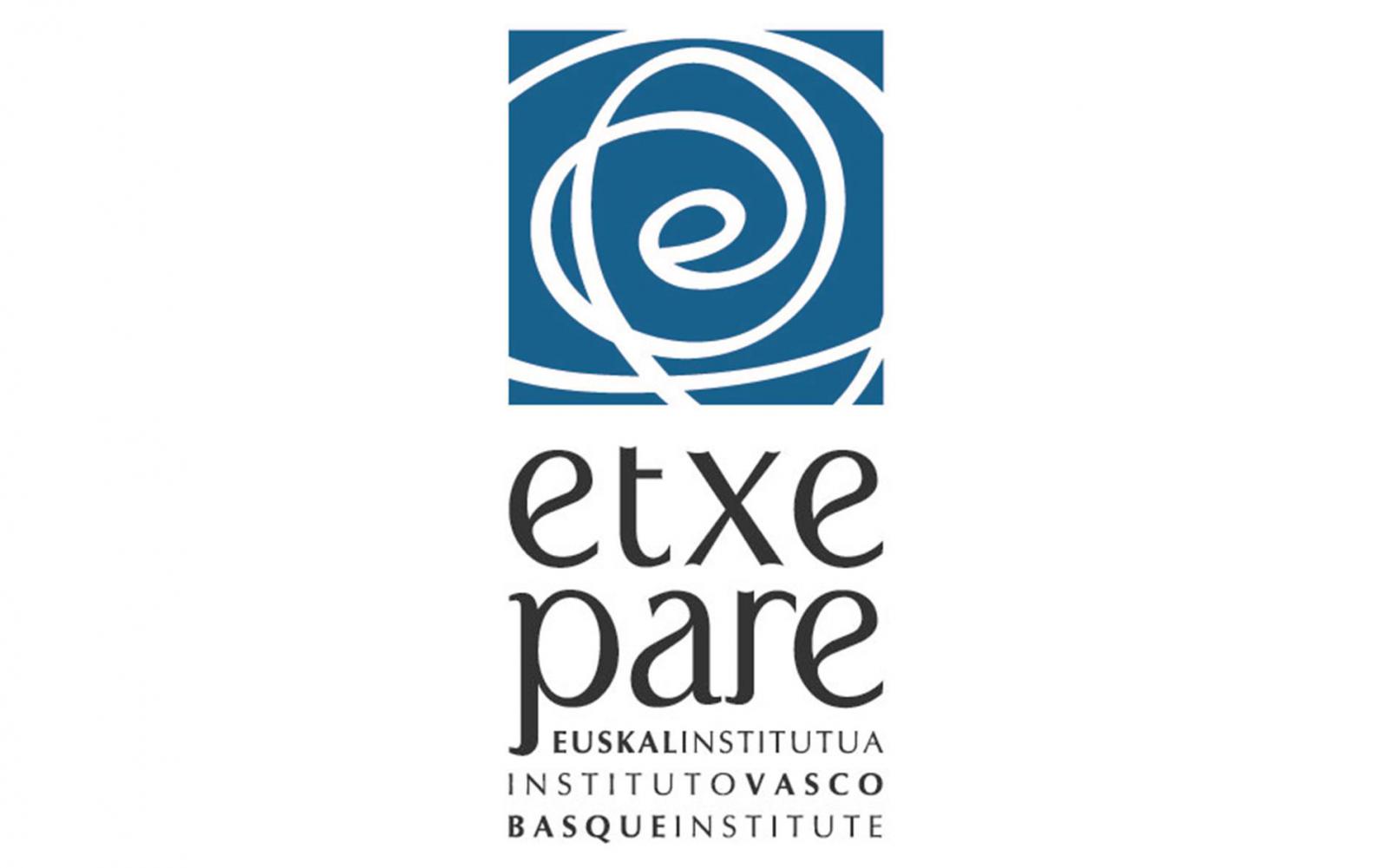

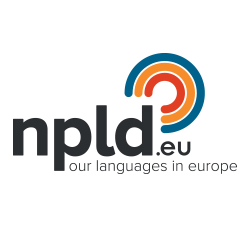
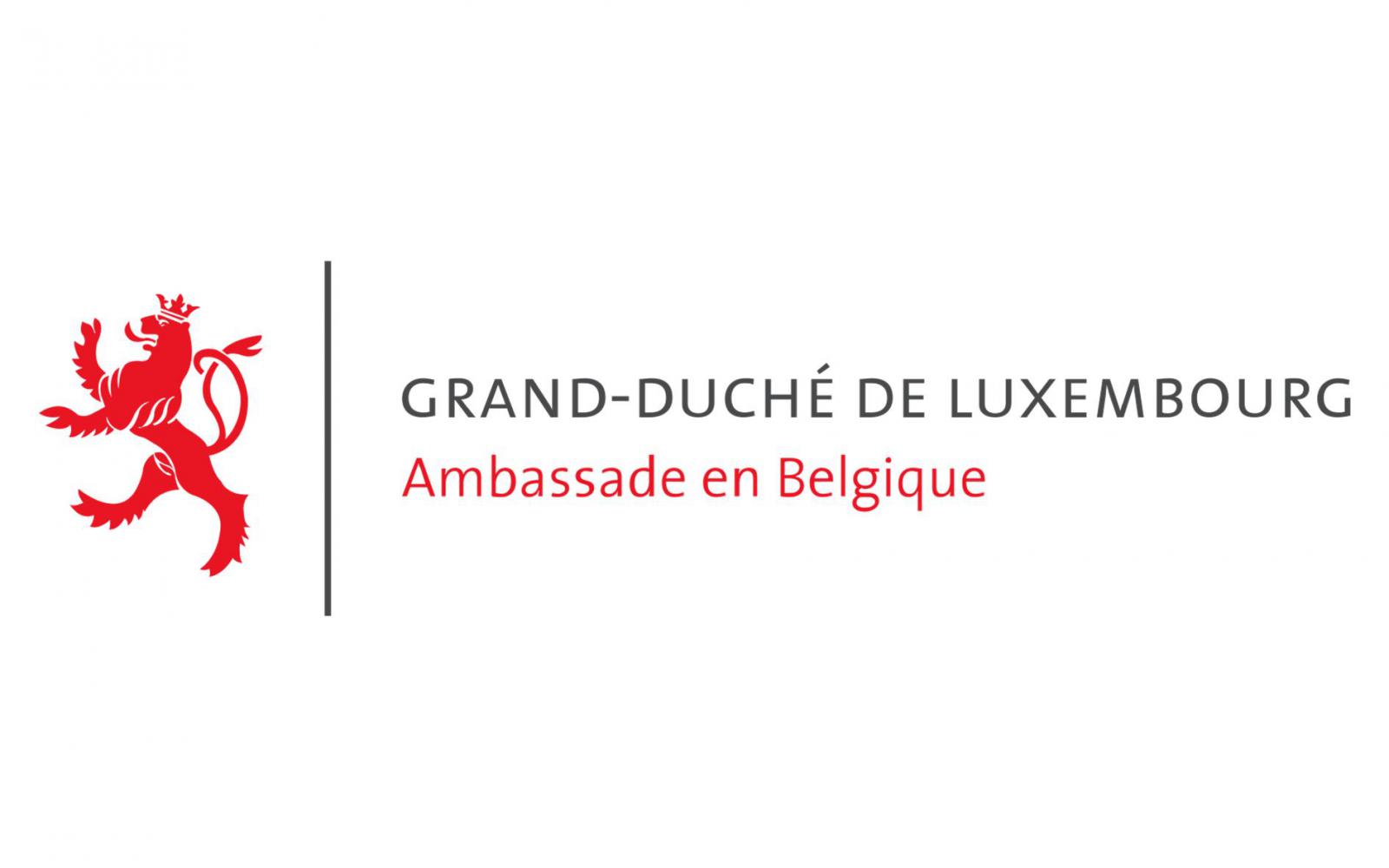
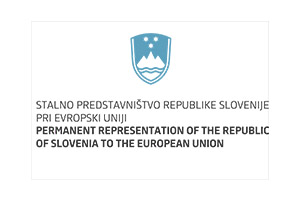



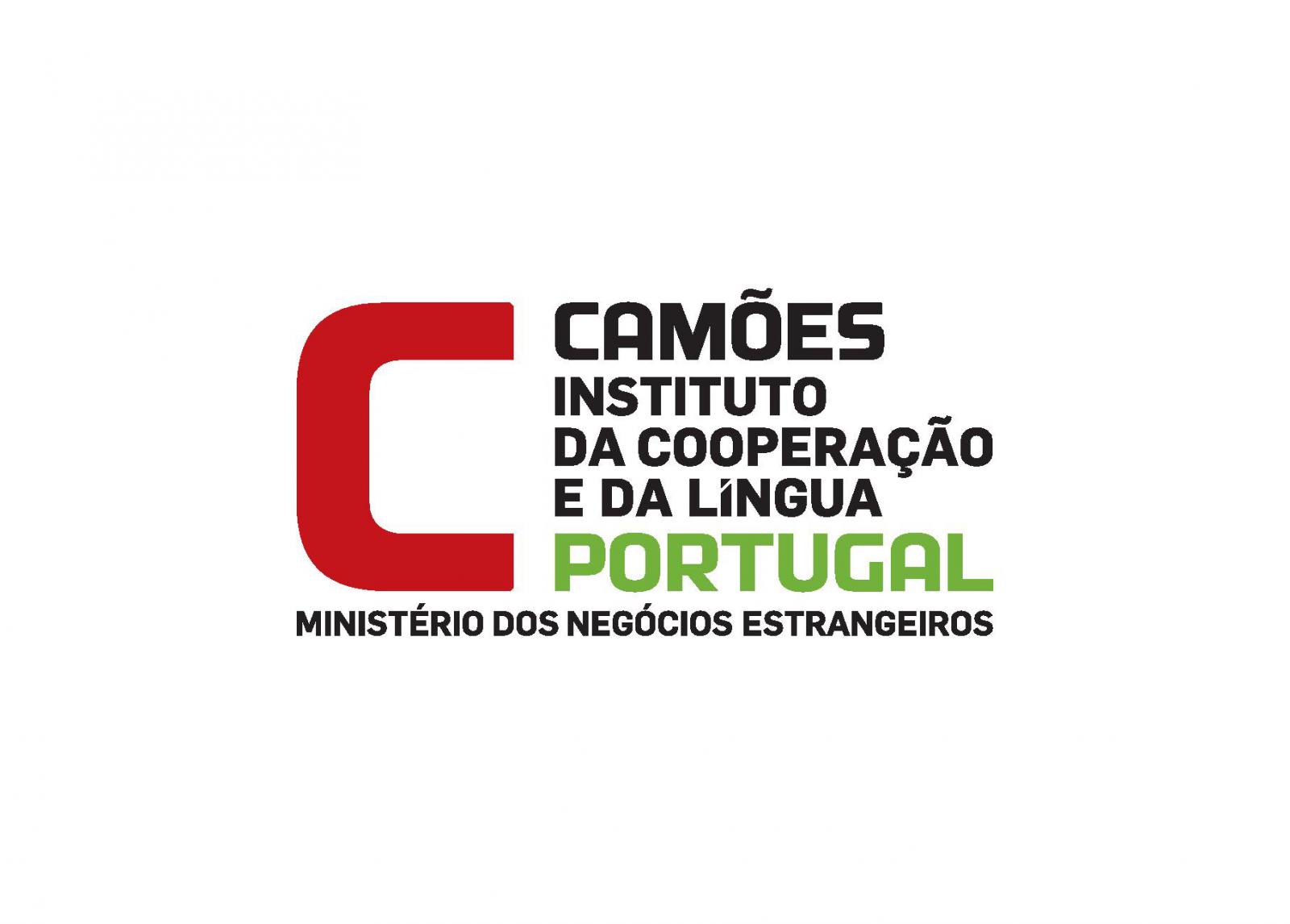
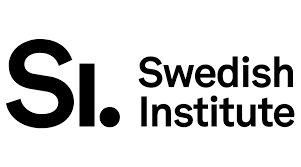
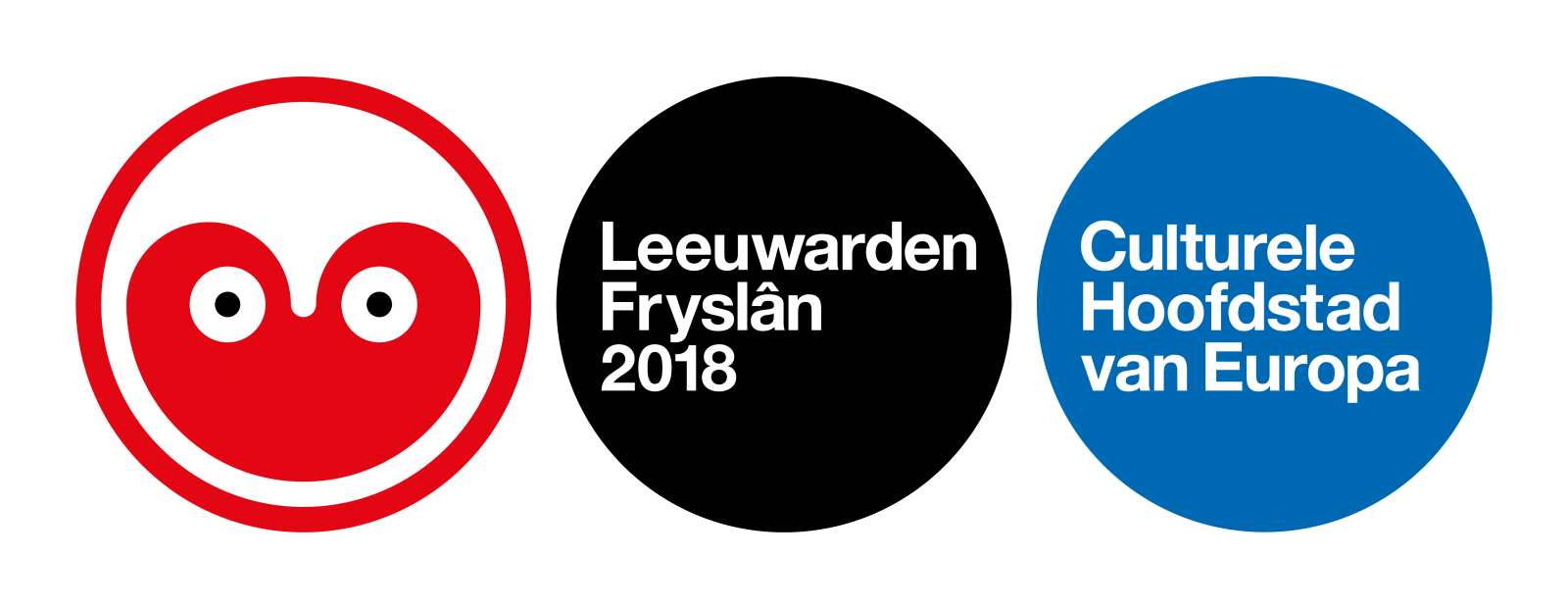
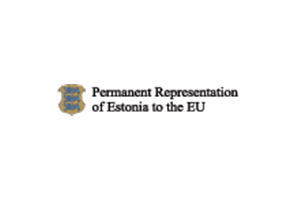
/RO - on the website.png)
